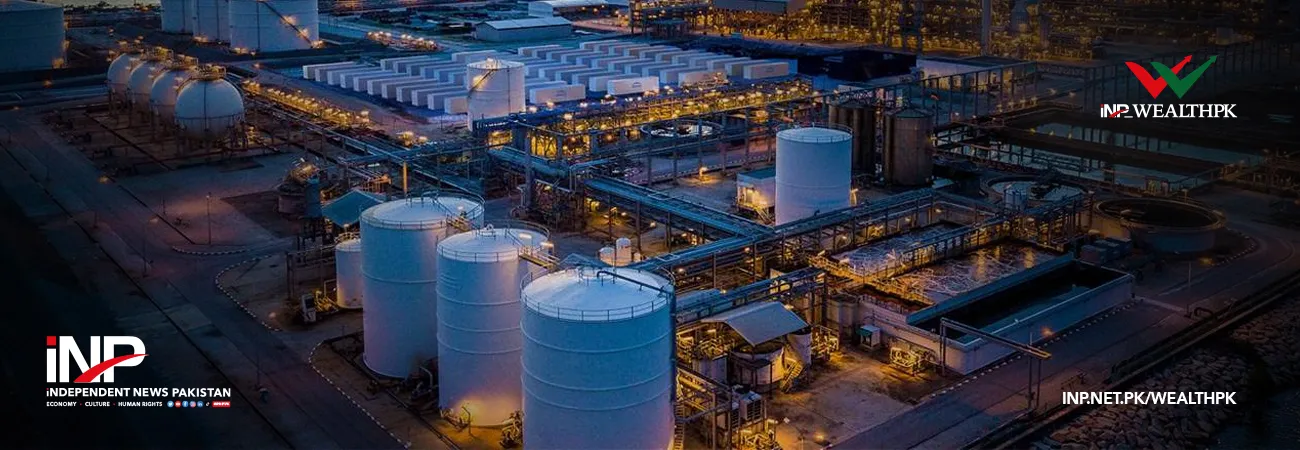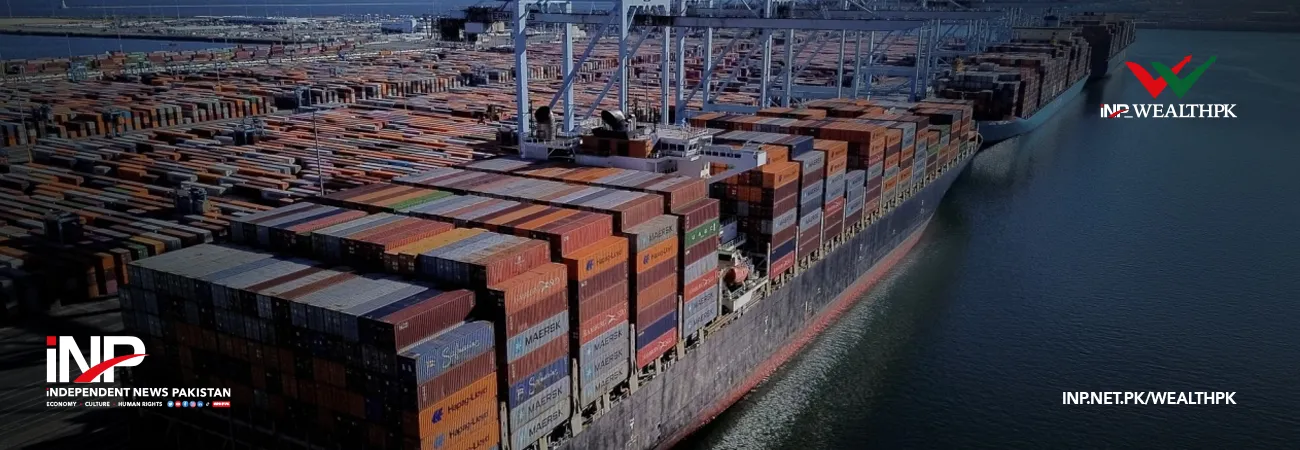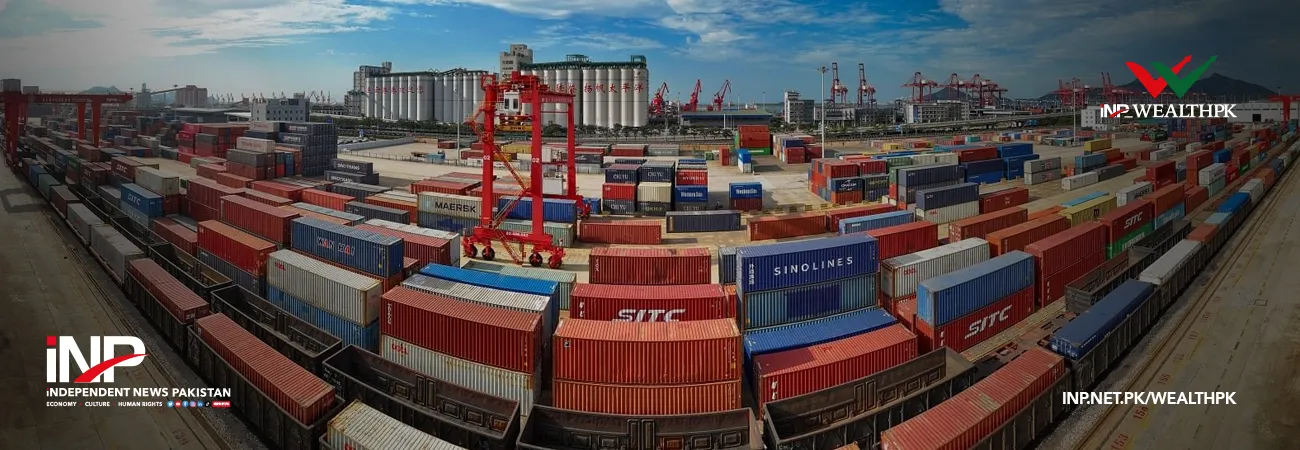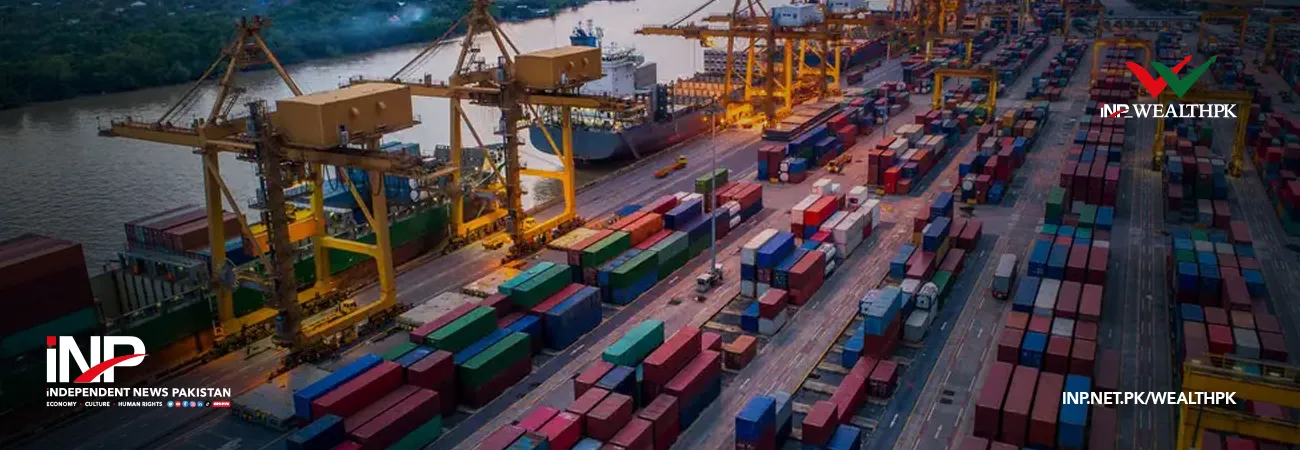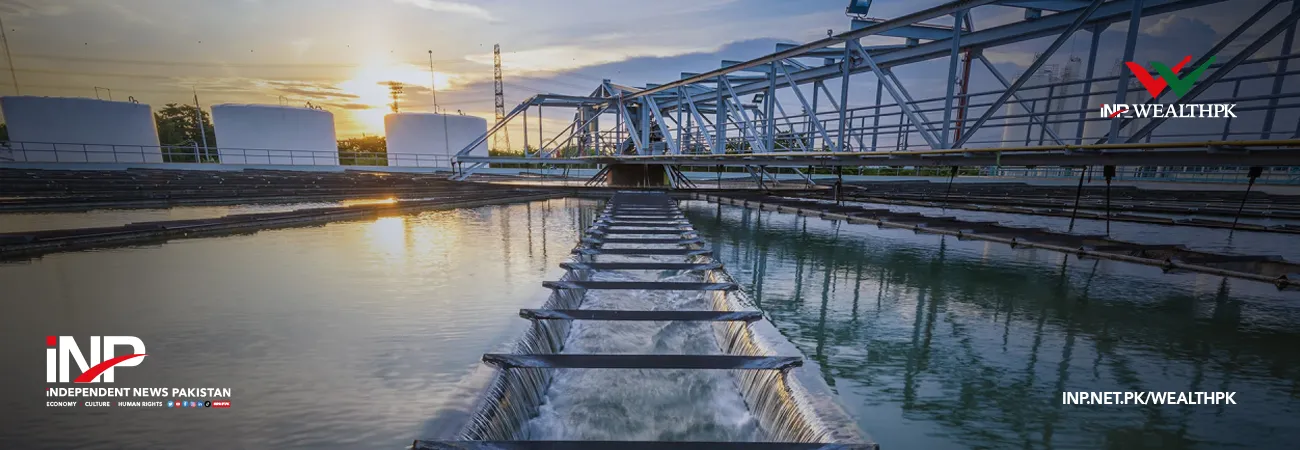INP-WealthPk
Amir Saeed
Burdened by the soaring energy costs, Pakistan’s industrial sector can get the much-needed boost from the government’s proposed Winter Energy Relief Package.
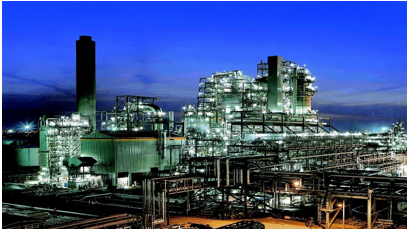
Talking to WealthPK, Shafqat Hussain Memon, an energy expert at the Mehran University of Engineering and Technology (MUET), said under the proposed Winter Package, the government plans to provide relief to the industrial users by reducing the fixed single-slab rate for three months. The package aims to significantly save the industrial sector’s expenses by reducing the power tariffs. “The reduction is significant for the industries operating on small profit margins, as it will directly reduce the operational costs. In a competitive global market, such relief would help industries maintain profitability, enhance their competitiveness, and mitigate the impact of high electricity prices on the production costs,’’ he explained.
The timing of this package is crucial, as power consumption declines during the winter months. Power demand typically drops to 8,000MW from 10,000MW in winter, compared to the peak demand of 28,000MW in summer. This decrease can be attributed to several factors, such as the industrial slowdown during the colder months and decreased household usage. However, winter also brings challenges, as the country faces an increasing supply of renewable energy from the newly installed solar systems, which now contribute approximately 7,000-8,000MW to the grid. He said that the solar power influx created a supply-demand mismatch, placing additional pressure on the distribution companies (Discos).
The government’s Winter Package aims to address the problem by aligning the energy prices with the seasonal demand-supply dynamics. “The industrial sector is heavily dependent on electricity, and high-power tariffs have long hindered its expansion. The electricity prices directly impact the production costs, which in turn impact the enterprises’ competitiveness and profitability. When the energy prices rise, the manufacturers face increased costs, which are often difficult to pass on to the consumers without risking a loss of market share,’’ he said. He further opined that lower energy costs would boost their profits, allowing them to increase output and lessen their import dependency.
The cost savings could also be reinvested into expanding operations, upgrading machinery, or diversifying products. Talking to WealthPK, Dr. Anwar Shah, a development economics researcher at the Quaid-e-Azam University Islamabad, said the high operating costs had brought pressure to industries, making them unable to raise prices to stay competitive in the domestic and foreign markets. The Winter Package will temporarily relieve the energy costs, helping the industrial users to maintain competitiveness and profitability. “Another feature of the country’s current financial situation is the need for more investment in the industrial sector.
The high energy costs have discouraged both domestic and foreign investors from investing in new industrial projects or expanding the existing ones,’’ he pointed out. “Regular changes in electricity rates and quarterly tariff increases have created an environment of uncertainty. The unpredictable nature of energy costs discourages investors who seek long-term stability. The government should restore the investors’ confidence by reducing the electricity tariffs,’’ he said. The relief package is expected to provide immediate benefits to key sectors like textiles, cement, and steel, who are major contributors to Pakistan's exports.
Due to the high cost of production, many energy-intensive industries have suffered a decline in their ability to compete globally. “The Winter Package is a small but an important step toward addressing the structural inefficiencies in the country's energy pricing and industrial policy. The reduction in the energy costs under this package is temporary, providing valuable insights into the potential benefits of reforming the country’s energy pricing mechanism,’’ he emphasized.
Credit: INP-WealthPk



